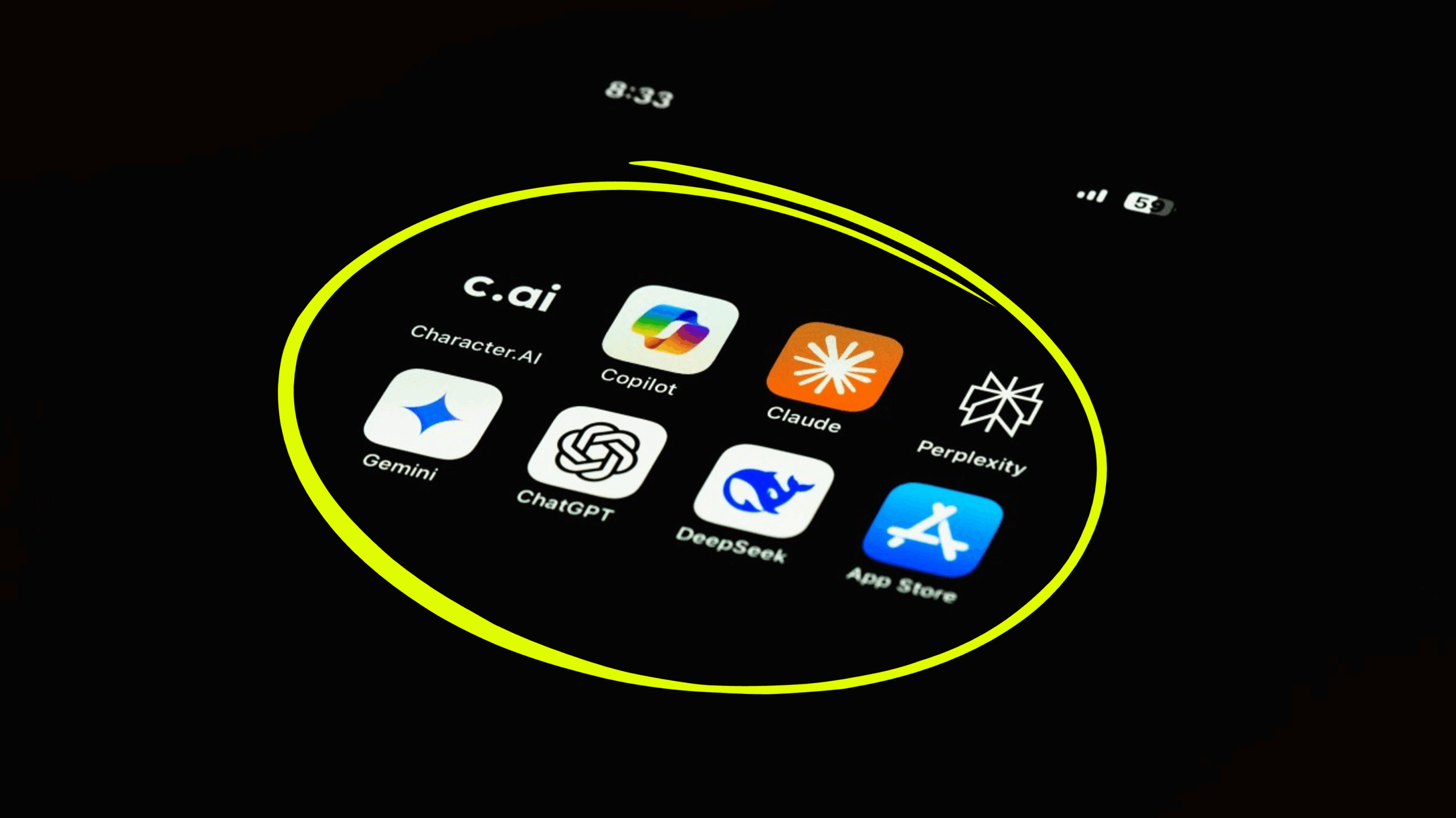Generative search is a new reputational blind spot for brands – Here’s what you can do about it.
ChatGPT, Copilot and Gemini: Why Generative Search needs to feature in your strategy – and how to get started.
by Niall Moran

Newspaper clippings were once a primary source of insight for brand teams trying to understand customer perception. One article could be the genesis of a widely held opinion (positive or negative) on a brand. Then came social media, where one controversial tweet could vastly affect sentiment towards a brand, whether positively or negatively.
To that end, we’ve always preached the benefits of ‘digital listening’; building a full picture of how your brand is being discussed, whether that’s in media, on social platforms, industry forums or influential blogs. Analysing this at scale and using the insight to inform strategies undeniably links to more effective marketing and PR-led programmes, whether that’s to address audience concerns or educate the audience on your products or services.
Listening platforms have made great strides in recent years, continually evolving to capture more channels, with even LinkedIn relaxing the API ever so slightly in recent times so if using the right tools marketing leaders can now be pretty confident in the picture they can provide to senior leaders around brand sentiment.
Job done… or not
Enter generative search … something now being used regularly by over one third (18 million people) in the UK according to new findings from Deloitte’s 2024 Digital Consumer Trends research. With platforms now available from all of the big players (ChatGPT, Copilot, Gemini) and even some of the smaller ones, there’s a whole world of curated conversation happening relating to your brand, which businesses don’t necessarily have sight of or aren’t aware of how to influence.
Why is that a problem?
If your brand is not accurately represented or not represented at all in generative answers, you’re missing from the decision-making moment. You may still be investing in ads, partnerships, and press, but if someone asks an AI assistant for “the best B2B fintech providers in Europe” and your name isn’t mentioned, that opportunity may be lost.
More dangerously, if the AI gets your brand wrong, presenting a misleading narrative about your values, products, or history, you may not even know it’s happening until it shows up in customer hesitancy, media scrutiny, or investor concerns.
So what can brands do? Three quick-fire tips:
Audit your brand’s generative search footprint regularly: Run queries across key platforms such as ChatGPT, Copilot, and Gemini to develop an awareness of the questions being asked about your brand and your industry at large.
Use third party analytics/tools: For larger scale analysis across platforms using tools to understand your benchmarks, both in terms of current performance and performance against competitors can be useful. There are some good platforms coming to market for this now including Share of Search AI.
Analyse the sources being used for queries: Restack the odds in your favour by analysing the key sources being used to answer questions. From some analysis we’ve done internally, you can see that sources with particular notoriety are used again and again. In queries looking at up and coming technology businesses the publication TechCrunch has ranked quite highly. This could go some way to informing some of your targeting for PR campaigns as we enter a new age of communications .
The bottom line?
Generative search isn’t just another channel it’s fast becoming a critical part of how audiences form opinions and make decisions. Don’t let your brand become invisible or misrepresented in this new AI-powered landscape. Start treating generative search like a strategic priority: audit your presence, optimise your inputs, and make sure your voice is part of the answers your audiences are already seeking.
